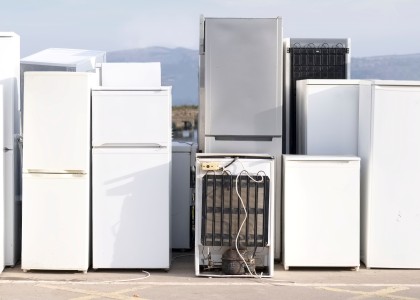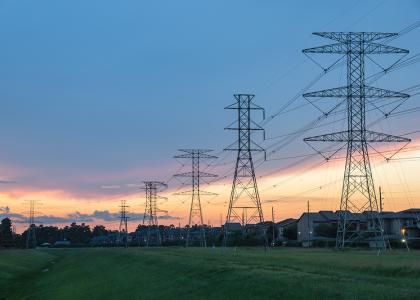North Carolina is one of the fastest growing states in the country, and will increasingly demand energy and water resources to serve the growing population. This report examines the potential for electricity, water, and transportation efficiency in North Carolina to meet the state’s growing needs cost-effectively. We find that a broad suite of policies and programs have the potential to meet nearly a quarter of the state’s electricity needs and about 11% of transportation fuel by 2025. Water efficiency policies can help meet the growing demand for water and wastewater service cost-effectively by reducing consumption by 76 million gallons per day in 2025, or about 8% of public water supply in 2005. Furthermore, links between electricity, transportation, and water demands create additional opportunities. The efficient use of electricity, for example, has a significant potential to reduce the use of cooling water by power plants in North Carolina.
The analysis finds that by making these significant investments in energy efficiency technologies and practices, the state stands to gain 38,000 net jobs in 2025 and save consumers a net $3.6 billion cumulative by 2025 in lower energy and water bills. While the state has already taken some steps toward its clean energy future and has a strong and growing base of clean energy businesses, our analysis finds that significant potential for energy efficiency as a resource will remain untapped over the next 15 years if the state continues on a business-as-usual track.




